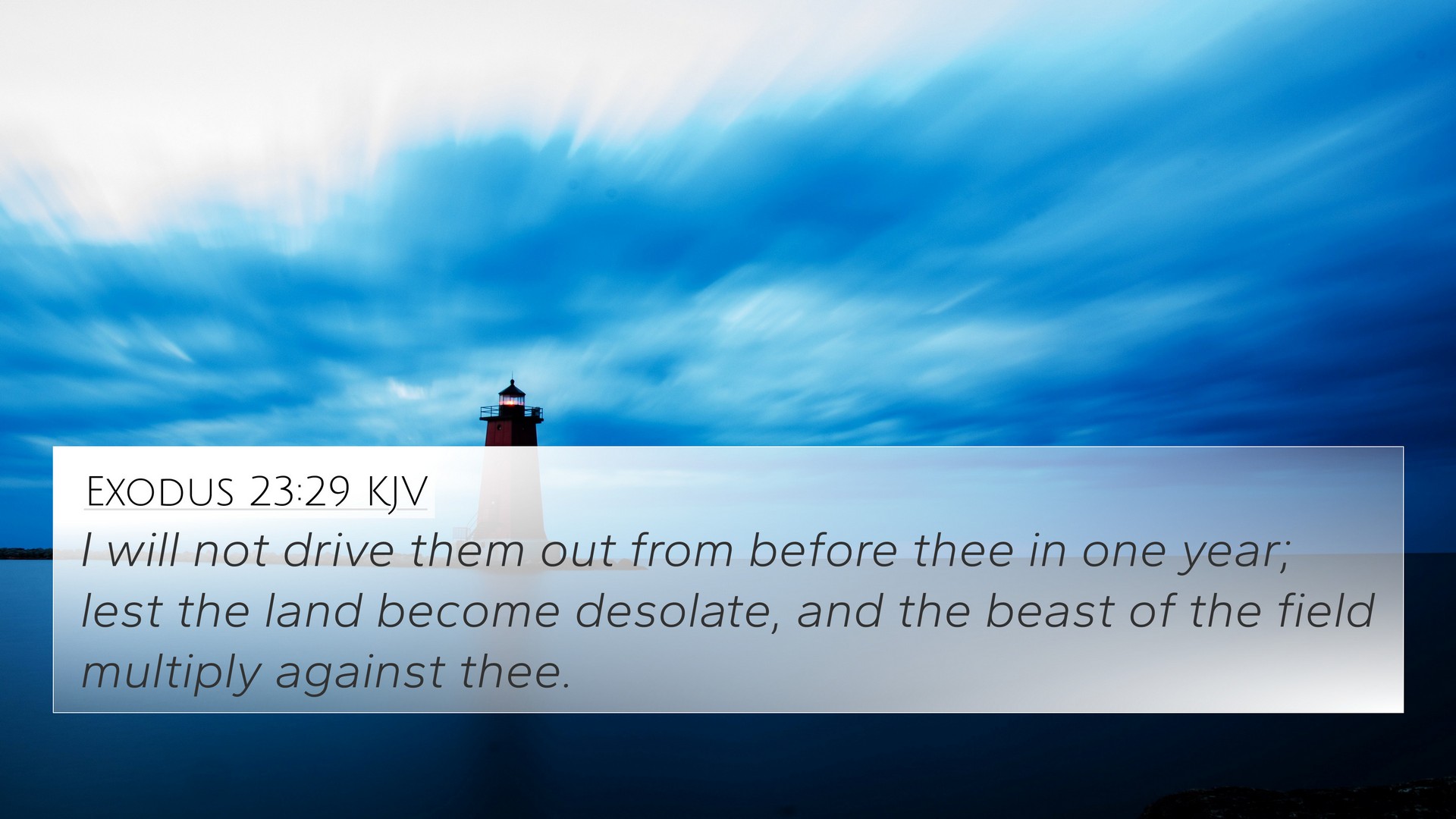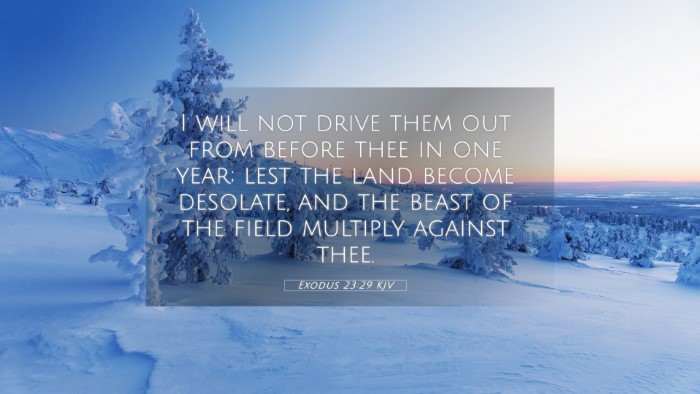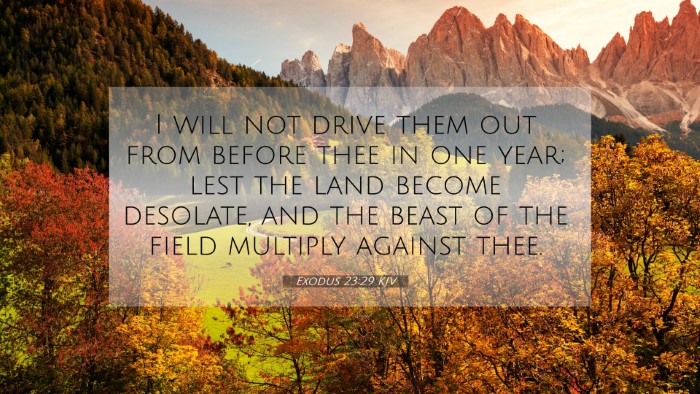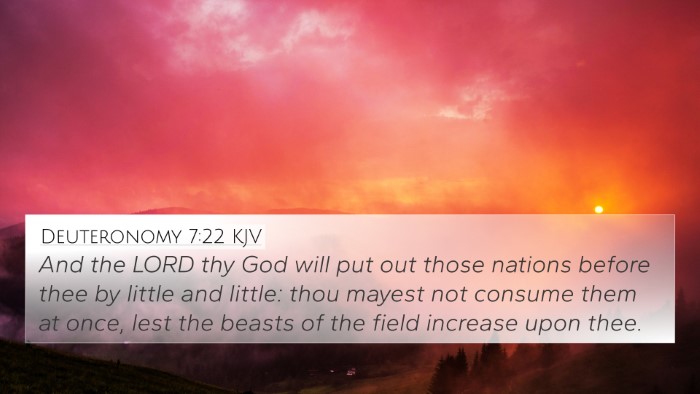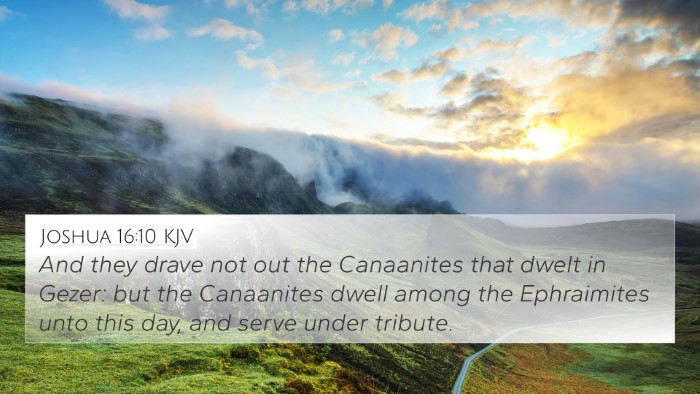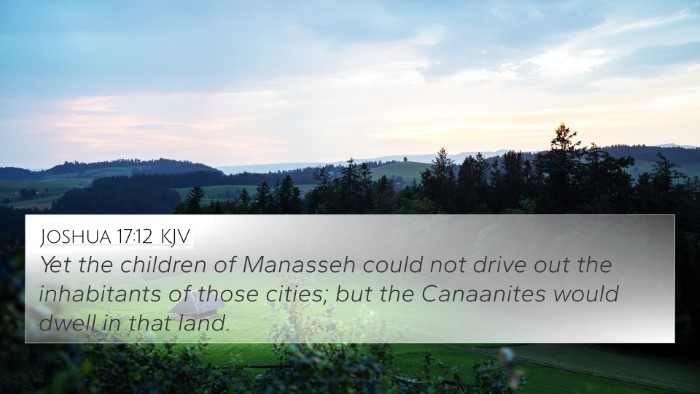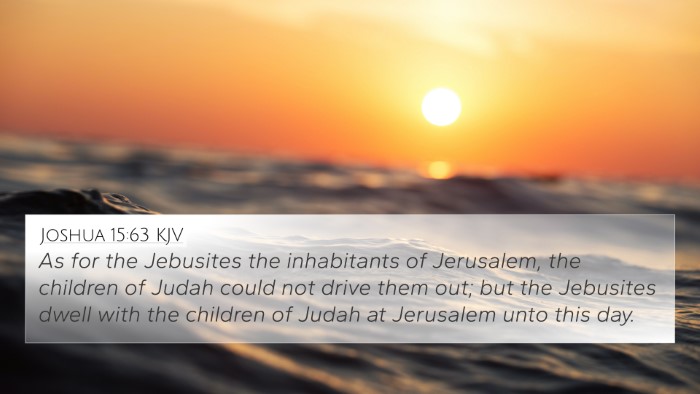Exodus 23:29 - Summary and Meaning
Verse: "I will not drive them out from before you in one year; lest the land become desolate, and the beast of the field multiply against you."
Overview of Exodus 23:29
This verse is part of God's instructions to the Israelites regarding their conquest of the Promised Land. It conveys a profound principle about gradual conquest and stewardship over the land God promised to His people.
Interpretation and Insights
- Matthew Henry's Commentary: Henry emphasizes God's wisdom in allowing a gradual occupation of the land. He points out that a swift conquest might lead to devastation, as the land would become unmaintained and vulnerable to wild animals. He suggests that God’s providential care includes allowing His people to grow and thrive without being overwhelmed.
- Albert Barnes' Notes: Barnes notes that this approach allows for the preservation of the land's fertility and provides an opportunity for the Israelites to establish themselves and grow as a nation. He connects this to the idea of being patient and wise in receiving God's blessings rather than rushing into them.
- Adam Clarke's Commentary: Clarke highlights the importance of recognizing the need for preparation and sustainability in any endeavor. He outlines how God strategically plans the timing of His interventions to ensure the success and sustainability of His people. This underscores the value of patience and foresight in God's promises.
Theological Implications
This verse can be interpreted as a metaphor for spiritual growth and development. Just as the Israelites are taught to be gradual in their conquest, believers today are encouraged to understand that growth in faith and character takes time. Rapid changes can lead to mishandling the blessings God provides.
Cross-References
- Deuteronomy 7:22: "And the LORD thy God will put out those nations before thee by little and little: thou mayest not consume them at once, lest the beasts of the field increase upon thee."
- Joshua 23:5: "And the LORD your God, he shall expel them from before you, and drive them from out of your sight; and ye shall possess their land, as the LORD your God hath promised unto you."
- Zechariah 4:10: "For who hath despised the day of small things? For they shall rejoice, and shall see the plummet in the hand of Zerubbabel with those seven; they are the eyes of the LORD, which run to and fro through the whole earth."
- Galatians 6:9: "And let us not be weary in well doing: for in due season we shall reap, if we faint not."
- Philippians 1:6: "Being confident of this very thing, that he which hath begun a good work in you will perform it until the day of Jesus Christ."
- Romans 8:28: "And we know that all things work together for good to them that love God, to them who are the called according to his purpose."
- 1 Corinthians 3:6-7: "I have planted, Apollos watered; but God gave the increase. So then neither is he that planteth any thing, neither he that watereth; but God that giveth the increase."
Connection to the Wider Biblical Narrative
The themes of patience, gradual development, and reliance on God’s timing recur throughout Scripture. This verse engages in an inter-Biblical dialogue, connecting the principles in Exodus to later teachings found in the New Testament regarding perseverance, faithfulness, and the nature of God’s promises.
Thematic Bible Verse Connections
Exodus 23:29 not only establishes the importance of timing in conquest but also demonstrates the necessity of coordinating divine guidance with human stewardship. This idea resonates with the broader biblical themes of reliance on God’s wisdom and timing, and reinforces the teaching that spiritual growth can be gradual.
Conclusion
Exodus 23:29 serves as a lesson about the importance of timing and patience in receiving God's promises. It highlights God's commitment to His people while also teaching them the value of gradual and sustainable growth. Understanding this verse assists in recognizing the interconnectedness of Scripture through thematic study and cross-referencing, enriching one’s biblical knowledge and spiritual journey.
